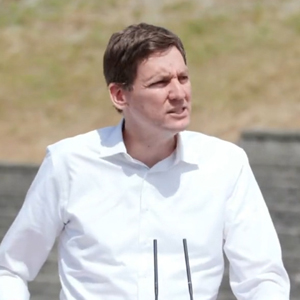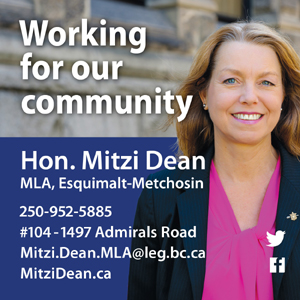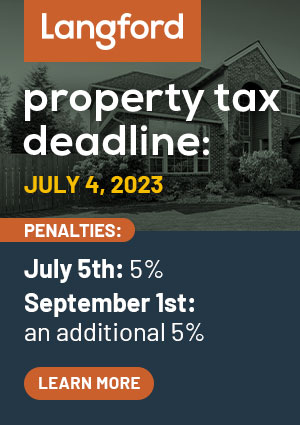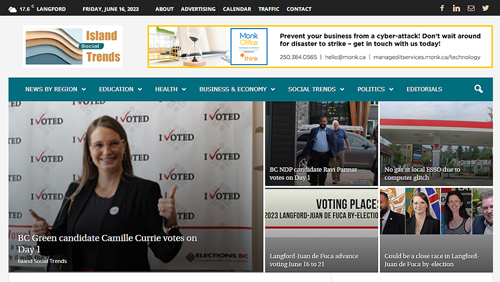Friday June 16, 2023 | VICTORIA, BC
by Mary P Brooke | Island Social Trends
Electricity demand in British Columbia is increasing.
That’s due in large part due to an increasing population but also an increase in industrial activity as the province’s economic profile grows.
About 250,000 people moved to BC in 2021 and 2022. That figure was announced by Premier David Eby back on May 2, and it was a big chunk of Canada’s overall population growth (the population of Canada increased by one million in 2022).
Today BC’s premier stated the obvious … that more people continue to call BC home because it’s a great place to be. Not only the climate and weather and natural outdoors to enjoy, but also the forward-thinking approach to BC society overall, supported by a government that is addressing key issues like affordability, inclusion, and housing.
However, this increasing population puts demands on housing supply, the health-care system, and on providing enough infrastructure to support a larger population (including roads and sewers).
“BC is growing while people and businesses are quickly choosing electric over fossil fuels. We’re working with First Nations and BC Hydro to set up new renewable energy sources, to reduced emissions while building a more vibrant and cleaner province,” said Premier Eby today.
BC Hydro CEO addresses demand for more electricity:
Yesterday Eby was joined by BC Hydro President and CEO Chris O’Riley who said that a 15 percent increase in demand is expected by 2030. O’Riley sounded concerned that even by 2028 “an additional amount of power” would be needed.
O’Riley has been with BC Hydro since 1990, holding positions throughout the organization and across the province including working with customers, leading operations, overseeing capital projects, and managing risk for BC Hydro’s trading subsidiary, Powerex.
BC Hydro currently generates 43,000 GwH of electricity annually. The extra demand by 2030 is currently determined to be 3 gigawatt hours per year, according to O’Riley in his remarks to media yesterday.
Will there be brownouts?
Today Island Social Trends asked the Premier during his media session if British Columbian consumers — including industry — might expect electricity supply challenges as the new generation targets are met. Would there be brownouts (i.e. periods of reduced electricity availability to end-users)?
A brownout is a drop in the magnitude of voltage in an electrical power system. Unintentional brownouts can be caused by excessive electricity demand.
Today Eby did not directly answer that technical question, but said that more power generation is the plan for a growing population as well as supporting the needs of large industry in BC as the economy grows (e.g. large energy-producing facilities like the hydrogen-producing plant in Prince George where he was speaking today).
Currently 1.6 million customers:
The current supply serves more than 1.6 million residential, commercial and industrial customers. This power is delivered using an interconnected system of over 73,000 kilometres of transmission and distribution lines.
Some of the fastest-growing communities would be already generating more electrical usage, such as Surrey and Langford. Some large community facilities like rec centres also draw power for sporting facilities, especially in larger communities.
More people using electric vehicles are plugging in for supply to their vehicle batteries, and that demand will only grow as governments push for people to switch from gasoline/diesel as their vehicle fuel source. In the past six years, the number of electric vehicles on BC’s roads has increased by nearly 2,000%.
Even new technologies like agri-tech will create new electricity demand for operating greenhouses and composting systems.
More transmission lines needed:
Eby said both yesterday and today that more transmission lines are needed in various parts of the province, so as to deliver electricity to more locations.
Bringing on new suppliers:
O’Riley said yesterday that the BC Hydro system will “remain flexible, adaptable to what comes next” and that we are in times of “especially rapid technological change”. BC Hydro is part of the shift across the economy to “transitioning energy systems to fully decarbonized”.
“We need more renewable energy,” said BC Hydro’s CEO. Eby said more contracts with energy providers would look to those suppliers (Independent Power Producers, or IPPs) who offer solar and wind power options.
A new call for contracts was the theme of yesterday’s media announcement at the Tsleil-Waututh Nation in North Vancouver where solar-generated electricity is saving the First Nation $30,000 a year in electricity costs. That call for new sources of renewable, emission-free electricity will launch in Spring 2024.
Political challenge:
The BC United official opposition (formerly the BC Liberals) said today in a news release that the NDP government’s “endorsement of independent clean energy producers through IPPs is a stunning flip-flop”. However, under the previous government, the IPPs were awarded contracts at fixed payout rates regardless which ended up costing BC Hydro more than they would have paid for competitive rates.
Power would need to be sold off at a discount when demand didn’t meet the contracted supply. This was costly to the province, and ultimately to BC consumers.
Osborne here and there:
Yesterday Josie Osborne, Ministry of Energy, Mines and Low Carbon Innovation, joined Eby for the media session.
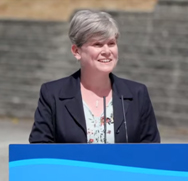
Today she was in Tofino helping deal with the restoration of services and safety in the wildfire-impacted area that has caused a closure of Highway 4.
===== RELATED:
BC Indo-Pacific trade mission: diversify trade routes, learn about housing options (May 27, 2023)
Future Ready skills-to-economy matching amidst quarter-million population influx (May 2, 2023)




